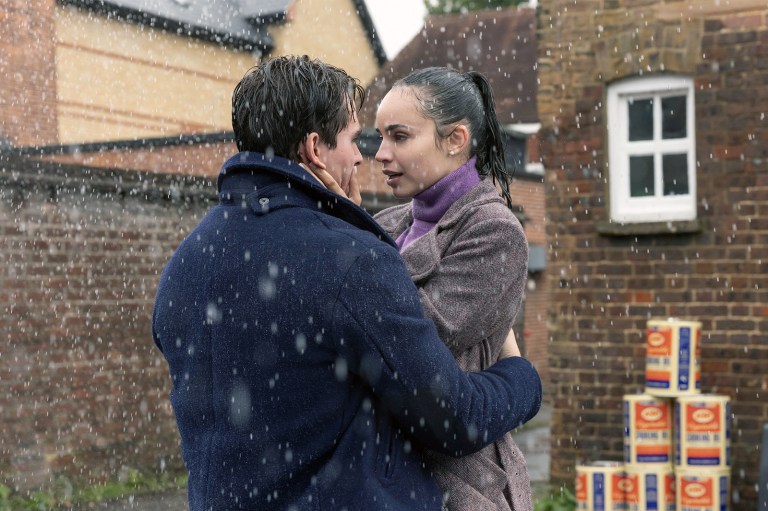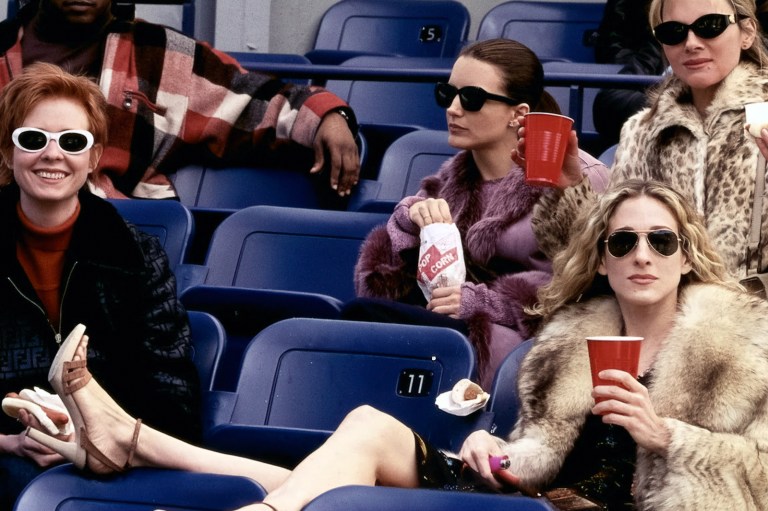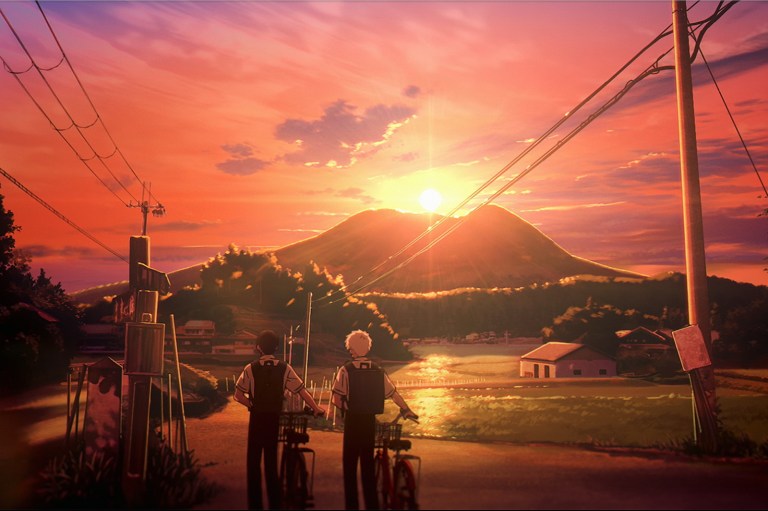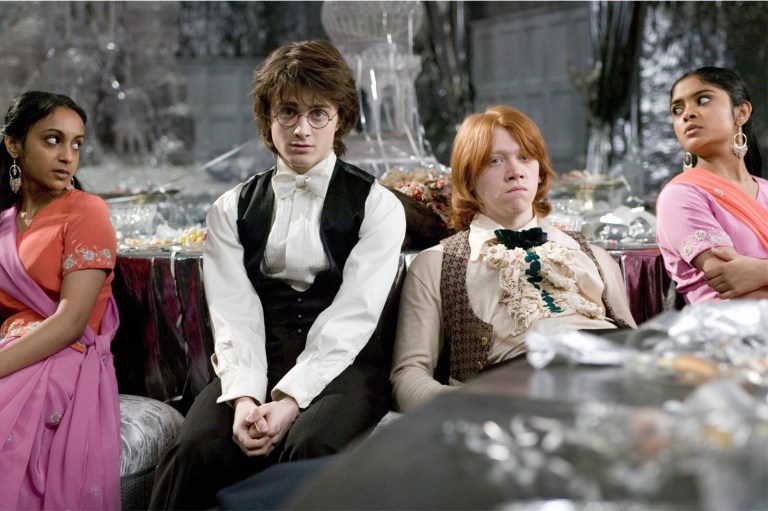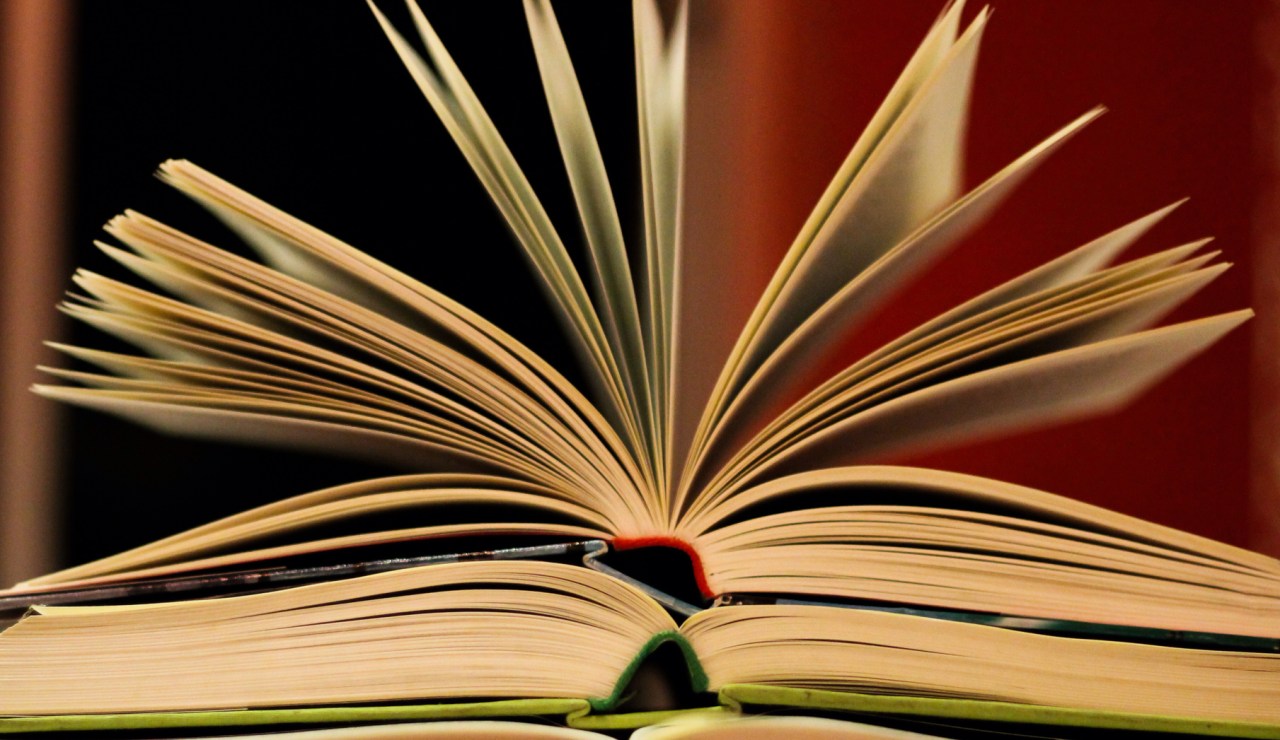
24 Fiction Books That Can Change Your Life
Some of them are classics, some are pop-favorites but I think all are very good. If you don’t read a lot of fiction, these books are a good place to start.
By ![]() Ryan Holiday
Ryan Holiday
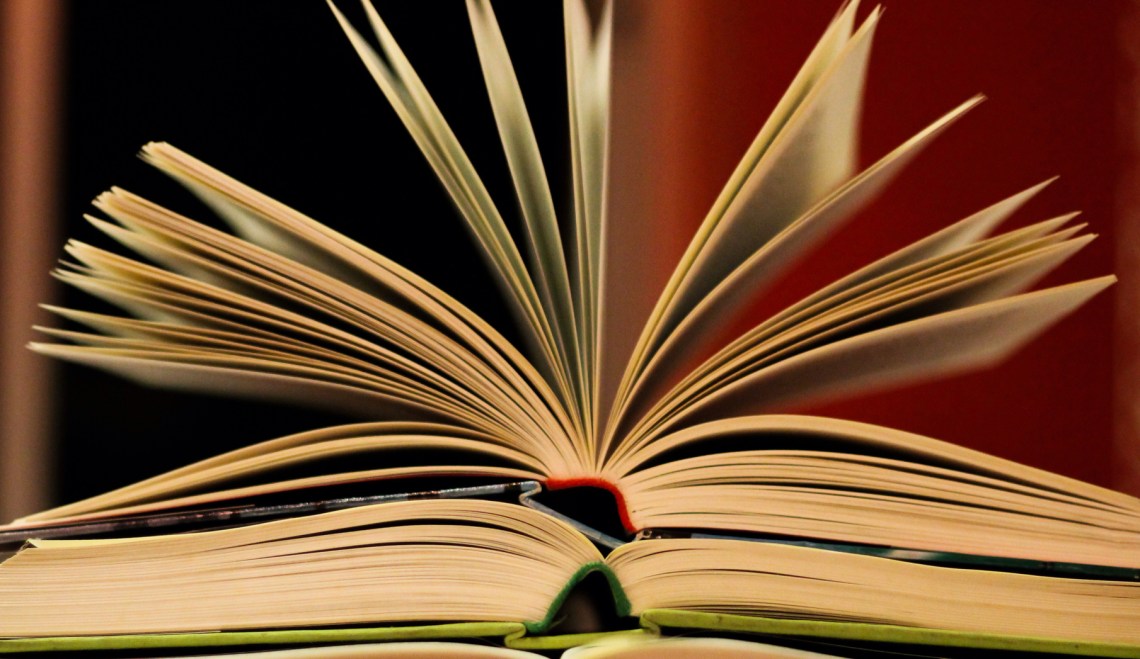
Most successful people read. It can be harder for busy or ambitious people to justify reading literature though. They’re too busy, they think. They don’t have time for “art.” Besides, we live in a golden age of television, who has time to read what can be watched?
Of course, fiction can change your life and teach you just as much as any non-fiction book (to say nothing of the research that connects literature with improved empathy). It’s just a matter of choosing the right books. Below is a list of some fiction that’s changed my life–and the lives of many people in the years, sometime centuries, since they’ve been written. Some of them are classics, some are pop-favorites but I think all are very good. If you don’t read a lot of fiction, these books are a good place to start. (My personal ratio is about 80/20 nonfiction to fiction.)
They’ve inspired me and I think helped to make me a better person. Hopefully they do the same for you too.
![]()
This Boy’s Life by Tobias Wolff
Let’s come out and say it: This book is way better than Catcher in the Rye. It’s based partially on the author’s actual life but sufficiently fictional for this list. It has one of my favorite lines in all of literature in it and it’s exactly what every young person–especially Holden Caulfield types–need to hear: “When we are green, still half-created, we believe that our dreams are rights, that the world is disposed to act in our best interests, and that falling and dying are for quitters. We live on the innocent and monstrous assurance that we alone, of all the people ever born, have a special arrangement whereby we will be allowed to stay green forever.”
Candide by Voltaire
I read this book as I waited for my wedding to start. It might seem like a strange choice, given that it’s a 200 year old book mostly about unimaginable hardship, torture, death and misfortune. Somehow, despite this, the book is a light hearted satire that pokes fun at optimism, philosophy, politics, and power. In the end, Voltaire concludes, all we can do is tend to our own garden. Il faut cultiver nos jardins.
Ask the Dust by John Fante
This is the west coast’s Great Gatsby. Fante has benefited from some recognition–mostly thanks to Bukowski championing him in his later years–but because the book is about Los Angeles and not New York City, it is mostly forgotten. Better than Gatsby, it is a series. Bandini, the subject of the series, is a wonderful example of someone whose actual life is ruined by the fantasies in his head–every second he spends stuck up there is one he wastes and spoils in real life. He’s too caught up and delusional to see that his problems are his fault, that he’s vicious because he can’t live up to the impossible expectations they create, and that he could have everything he wants if he calmed down and lived in reality for a second. This is the series in order by my favorites: Ask the Dusk, Dreams from Bunker Hill, Wait Until Spring, Bandini and The Road to Los Angeles. (DO NOT watch the movie version of Ask the Dust, it is embarrassingly bad.)
Gilead by Marilynne Robinson
I read this book in some college course I’ve long forgotten but the book stayed with me. It’s one of the few books that might genuinely convince an atheist of the value of faith–certainly of the importance of grace. It’s the story of a small town pastor who is nearing the end of his life, but has a young son. The book is essentially a letter to that son, so that he might remember his father and what he stands for. It’s the type of letter you wish your own father or grandfather might have written for you–except, written in beautiful prose.
Gilgamesh, Aeneid, Odyssey, Iliad
These four classic epics are epics for a reason. They contain essentially every part of the human experience: love, death, pain, success, fear, jealousy, misfortune, striving, courage. I know you think you don’t have time for poetry or theater but you do. I promise you do. Aristotle, Montaigne, Seneca, Plato–the greatest minds in history quoted these works almost as though they were fact. That’s how good they are. That’s how much wisdom there is in them. If you don’t have the stamina to read philosophy, than these can serve as an entertaining and educational substitute. Of course, if you don’t have time for any of these, read Shakespeare. It’s just as good.
Babbitt by Sinclair Lewis
This is the ultimate critique of the shallowness of the American Dream. Calling someone a “Babbitt” used to be an insult, but it’s been forgotten. Why? Perhaps it’s because the biting satire of American suburban middle class life cuts deeper now than it did then. It doesn’t matter if the book is old, it’s still very funny and at its core, a critique of conformity and keeping-up-with-the-Joneses and what Thoreau called the “life of quiet desperation.”
The Great Gatsby by F. Scott Fitzgerald
I’m not recommending this book because I read it in high school. I’ve read it many times since. I’m recommending it because it’s one of the best books ever written. Not just the beautiful writing, but the picture it paints of the character–each one we ought to learn a little bit from. Nick, the narrator, afraid to seize control of his own life. Daisy, the careless, selfish brat. Jordan, the cynical girlfriend who is unable to love. Jay Gatsby, the striver who strives after something he simply cannot have: the past. There’s so many ways to read this book and you read it differently as you get old. Is Gatsby the hero or the villain? Is the dream noble or perverted? Good literature makes you think as it entertains you. Gatsby does that and that’s why it’s one of the most successful novels of all time.
The Alchemist by Paulo Coelho
As we grow older and more cynical, Paulo Coelho can become harder to swallow. But the right book at the right moment is everything. This book–an epic allegory–about finding and pursuing your purpose in life has found millions of readers across the world for a reason: it’s inspiring and motivating. Read it.
The Moviegoer by Walker Percy
The Moviegoer is now one of my favorite books ever. The main character—who lives in New Orleans just a few blocks from where I lived—is so in love with the artificiality of movies that he has trouble living his actual life. He has all sorts of interesting theories about it. For example, seeing your neighborhood in a movie suddenly makes it seem more alive, more livable. He calls this “certification” and if you noticed, I caught myself experiencing the same thing when I read the book, which is based where I live. The Moviegoer—it is like a good Catcher in the Rye but for adults. Just a perfect book.
What Makes Sammy Run?, The Harder They Fall and The Disenchanted by Budd Schulberg
Budd Schulberg’s (who wrote the screenplay for On the Waterfront) whole trilogy is amazing and each captures a different historical era. His first, What Makes Sammy Run? is Ari Gold before Ari Gold existed–purportedly based on Samuel Goldwyn (of MGM) and Daryl Zanuck. His next book, The Harder They Fall is about boxing and loosely based on the Primo Carnera scandal. His final, The Disenchanted is about Schulberg’s real experience being attached to write a screenplay with a dying F. Scott Fitzgerald. All you need to know about Schulberg’s writing is captured in this quote from his obituary: “It’s the writer’s responsibility to stand up against that power. The writers are really almost the only ones, except for very honest politicians, who can make any dent on that system. I tried to do that. And that’s affected me my whole life.” Fiction can do that, and sometimes it does it even better than non-fiction.
Native Son by Richard Wright and Invisible Man by Ralph Ellison
Native Son and Invisible Man are appalling books about the appalling nature of racism. It shows what being marginalized does to a person. It shows what every person might–however much we might think otherwise–be capable of. The small acts of kindness that the main character receives matter little compared to the painful blows he also receives. Invisible Man is about another young black man, full of promise, who is driven from the college he attends and unable to find work. Ultimately, he disengages from society completely. Personally, I think Wright’s memoirs are better but his fiction is probably the anonymous memoir of countless black men over the last two hundred plus years. As James Baldwin put it, “No American Negro exists who does not have his private Bigger Thomas living in his skull.” My favorite line from Invisible Man: “So after years of trying to adopt the opinions of others I finally rebelled. I am an invisible man”
Atlas Shrugged by Ayn Rand
You have to read Ayn Rand just so you get whatever everyone is talking about. There is real value there and real inspiration. But please please please don’t let this become your philosophy of life (the fact that she died a miserable lonely woman is cautionary tale enough). There is something deeply appealing to an egotistical teenager about leaving the world behind to selfishly pursue your craft. The question is: Would you want everyone else to do that? Of course not. At the end of the day Plato’s allegory of the cave is a far better way to live your life than Galt’s Gulch ever will be.
Fight Club by Chuck Palahniuk
I’m amazed how many young people–particularly young men–haven’t read this book. The movie is good but read the book. Truly life-changing. This is the classic of my generation; it is the book that defines an era and ultimately, how to find meaning in it.
The Painted Bird by Jerzy Kosiński or any book by Cormac McCarthy
One benefit of literature is that it reminds us of the beauty and goodness of humanity. The other benefit is that it can explore the depravity and violence of it as well. The Painted Bird is one of the darkest books about the Holocaust and WWII that you’ll ever read–and that’s saying something. Cormac McCarthy’s books tell similar stories about the American west. Though of course his book The Road, which is very good, ends with some glimmer of hope. I suppose all these books too. We must see realistically what humans are capable of and also understand that we’re capable of acts of kindness, compassion and inspirational selflessness at these points too.
The Apprenticeship of Duddy Kravitz by Mordecai Richler
What a book. It’s not as good as What Makes Sammy Run but it’s so damn good. “A boy can be two, three, four potential people,” Duddy’s uncle tells him, “but a man is only one. He murders the others.” Which potential person will you be? Which part of you will you allow to rule? The part that betrays your friends, family, principles to achieve success? Or are there other priorities?
Civil War Stories by Ambrose Bierce
The Civil War is probably the single most important event in US history. You can read a lot of history books about it. Or you could read Ambrose Bierce’s collection of stories. These aren’t just stories from some writer, but a writer who served in the Union Army and experienced the horrors of the war directly. There is no glorification of war or ideology here. Just fact. Also it includes “Occurrence at Owl Creek Bridge,” which Kurt Vonnegut called the “greatest short story ever written.”
All The King’s Men by Robert Penn Warren
This is the kind of fiction I like, with a strong moral and message, and bent towards standing against power. It’s obviously a very famous book so I don’t need to sell it too much here. It is the fictional account of a Huey Long-type demagogue in the 1930s, told from the perspective of one of his fixers—a sort of disenchanted but entangled observer not unlike those of Budd Schulberg’s novels or The Great Gatsby. If you enjoy this book and want to explore a real-life embodiment of it (other than the Ken Burns’ documentary on Huey Long) then I would definitely recommend The Power Broker by Robert Caro. It is incredibly long, but as one of the first books someone gave me when I moved to Hollywood, it holds a special sway over me. Like Huey Long and Willie Stark, Robert Moses was a man who got power, loved power and was transformed by power. We can learn from him—mostly what not to be and who not to become.
Company K by William March
This book is said to be the best, most accurate and least glamorous novel about WWI. Not only is this book beautiful designed, and well written, it’s the best thing I have read about WWI or WWII. WWI occupies a strange place in US and World History. We know that it happened, and we know that it was bad. But we have forgotten why and we have mostly forgotten how bad it really was. In fact, it was one of the worst things to have ever happened. This book is a short read but if you read one book about WWI, read this one. If you’ve already read All Quiet on the Western Front in school...well, this is 100x better than that.
![]()
So that should be enough books to get you started if you don’t read fiction or don’t read much. If you read a lot–but mostly business books–then use some of these to balance your ratio. In any case, these books are powerful and have helped millions of people. Read them! ![]()
